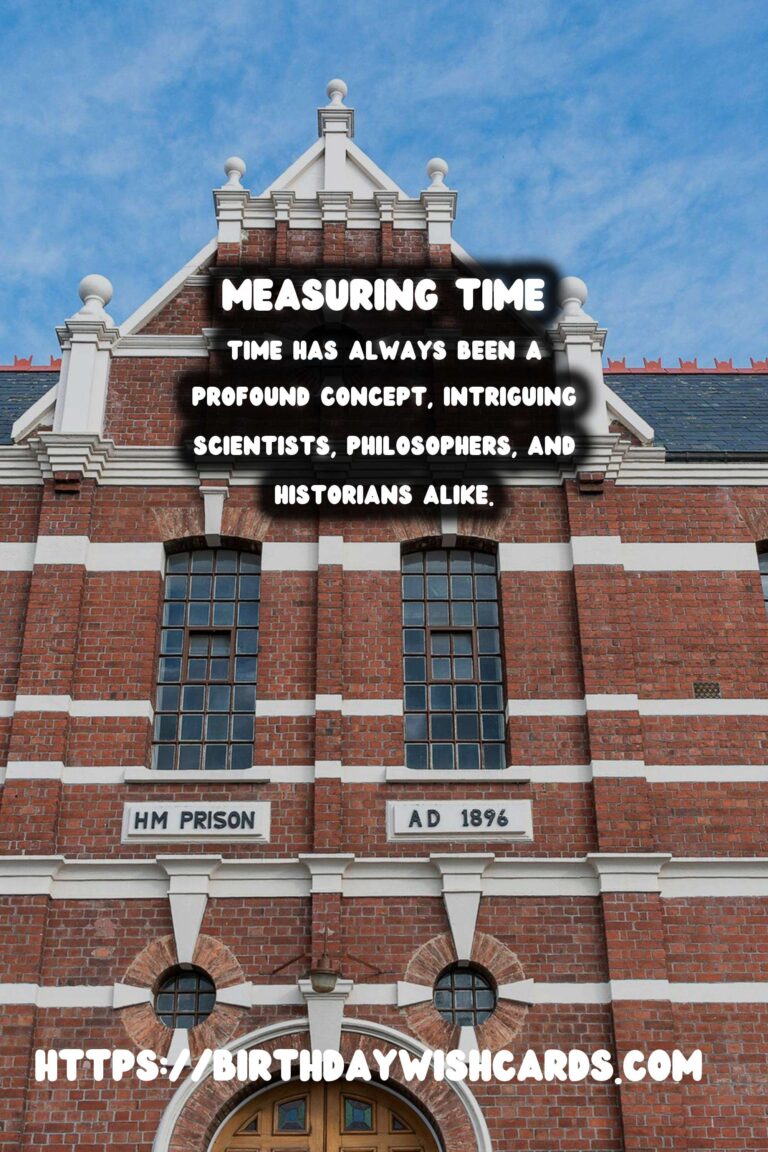
Time has always been a profound concept, intriguing scientists, philosophers, and historians alike. Its elusive nature and comprehensive influence make it a captivating subject. This article delves into the evolution of time measurement and its deep-seated philosophical implications.
The Emergence of Time Measurement
The ancient Egyptians, around 1500 BCE, were pioneers in creating a more systematic method of measuring time. They invented the sundial, which allowed them to divide the day into twelve distinct parts. This method marked a significant shift from the natural perception of time to a more quantifiable entity.
The Greeks and Romans later enhanced timekeeping with water clocks and more advanced sundials. In the Middle Ages, mechanical clocks emerged in Europe, representing significant technological progress. These innovations laid the foundation for contemporary timekeeping.
Revolution in Timekeeping: From Mechanical to Atomic Clocks
The Renaissance period sparked further advancements. The pendulum clock, invented by Christiaan Huygens in 1656, dramatically increased accuracy. By the late 19th century, the invention of the quartz crystal oscillator further revolutionized time measurement, offering unprecedented precision.
The 20th century ushered in the era of atomic clocks. Introduced in 1949, these clocks provided a level of accuracy unimaginable to previous generations. Today, they are pivotal in technologies such as GPS and international telecommunications.
Philosophical Perspectives on Time
Plato famously pondered the nature of time, describing it as a ‘moving image of eternity.’ Throughout history, philosophers have debated whether time is an objective entity or a mere construct of human perception.
Immanuel Kant proposed that time is a necessary a priori condition for understanding the physical world. His revolutionary ideas sparked further philosophical inquiry, leading to numerous theories about time’s nature and its relation to reality.
The Concept of Time in Modern Philosophy
In modern philosophy, thinkers like Henri Bergson introduced concepts such as ‘duree’ – a subjective perception of time, which contrasts with the mechanistic view. Albert Einstein’s theory of relativity further complicated these notions by demonstrating how time is relative and intertwined with space.
These philosophical explorations reveal the complex relationship between time, consciousness, and reality. They challenge us to question how we understand our existence and the universe itself.
Conclusion: The Everlasting Enigma of Time
The journey through the history of time measurement and its philosophical implications reveals a tapestry woven with human curiosity and intellectual pursuit. From ancient sundials to atomic clocks, each advancement reflects our desire to comprehend and quantify the intangible.
Philosophically, time remains an enigma that encourages deep reflection and ongoing debate. As technology continues to evolve, so too will our understanding of this fundamental dimension of the universe.
Time has always been a profound concept, intriguing scientists, philosophers, and historians alike. In modern philosophy, thinkers like Henri Bergson introduced concepts such as ‘duree’ – a subjective perception of time, which contrasts with the mechanistic view. 
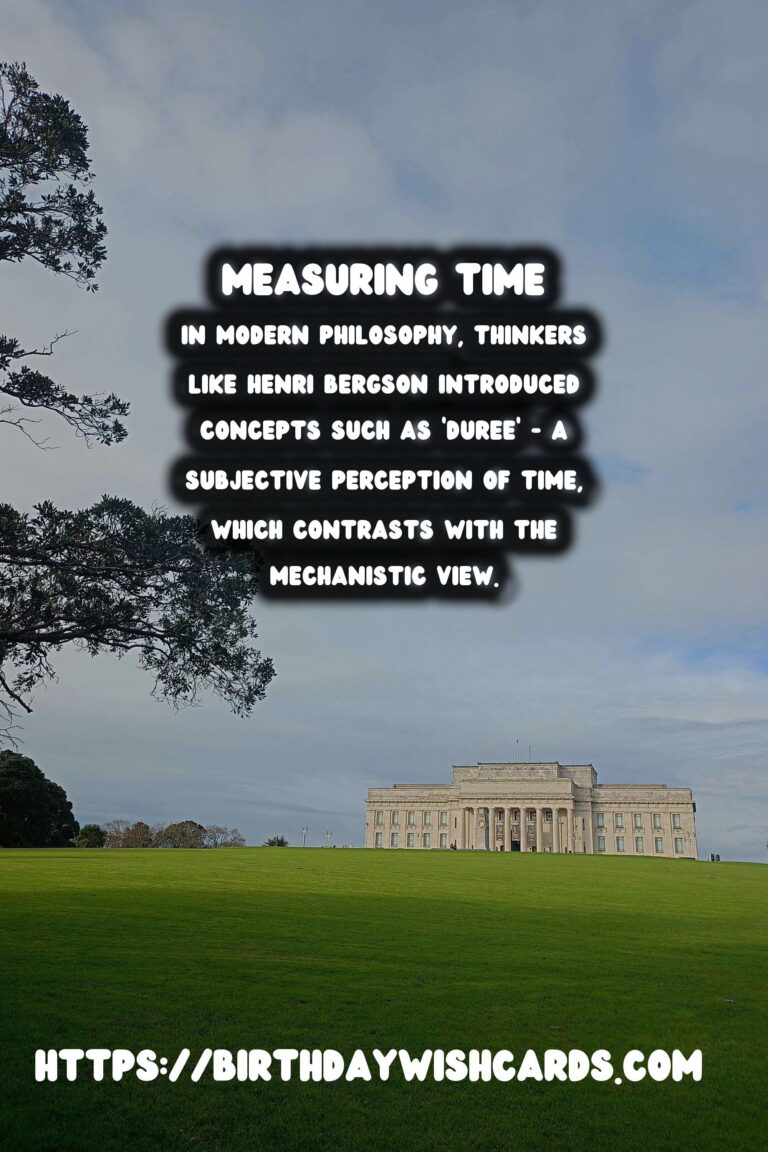
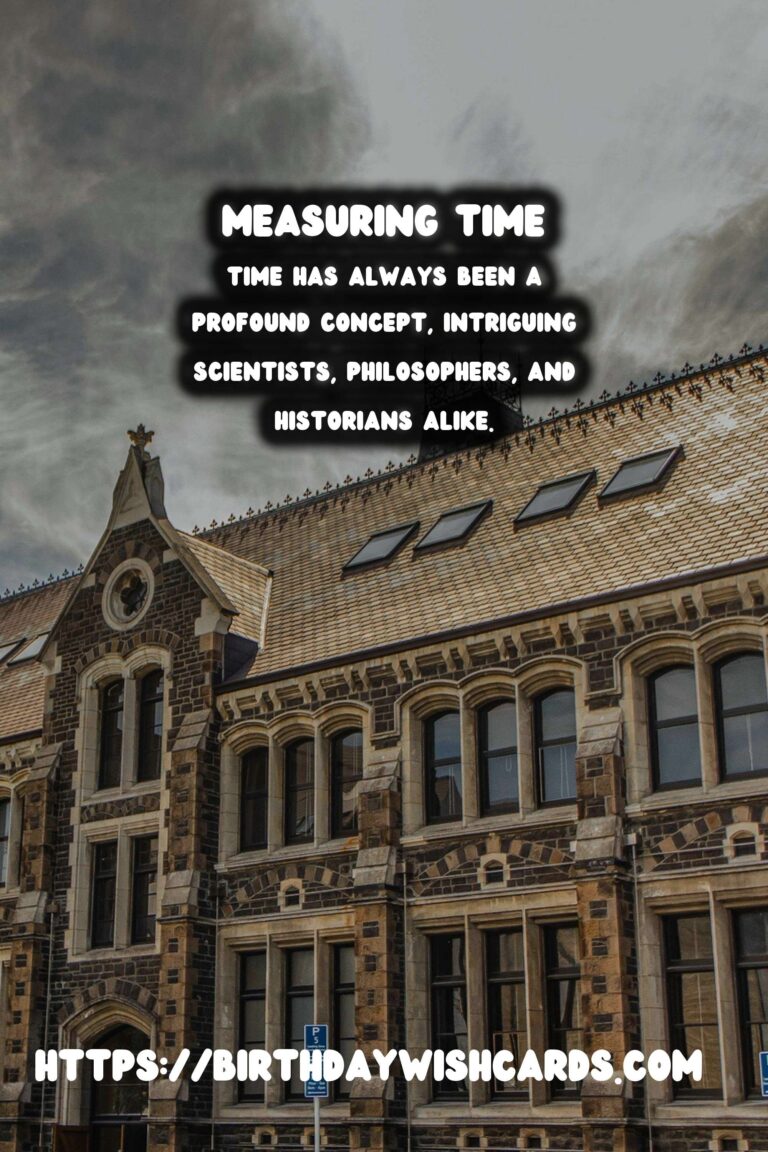
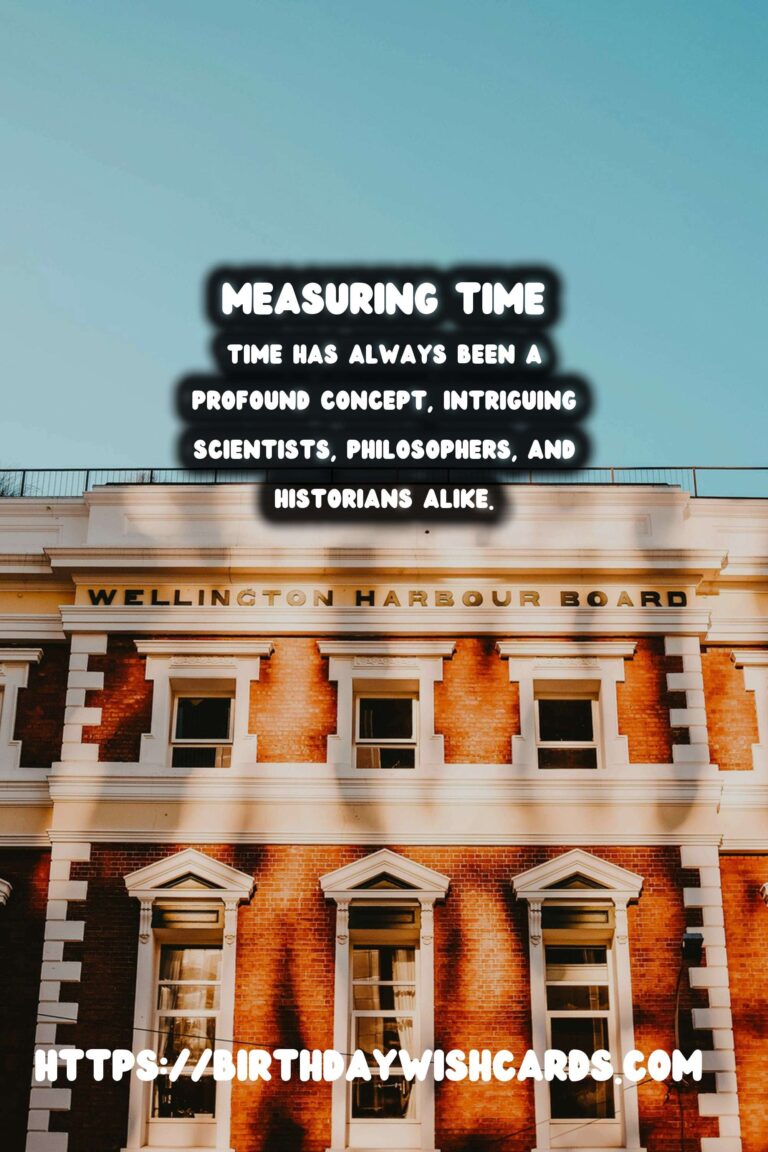
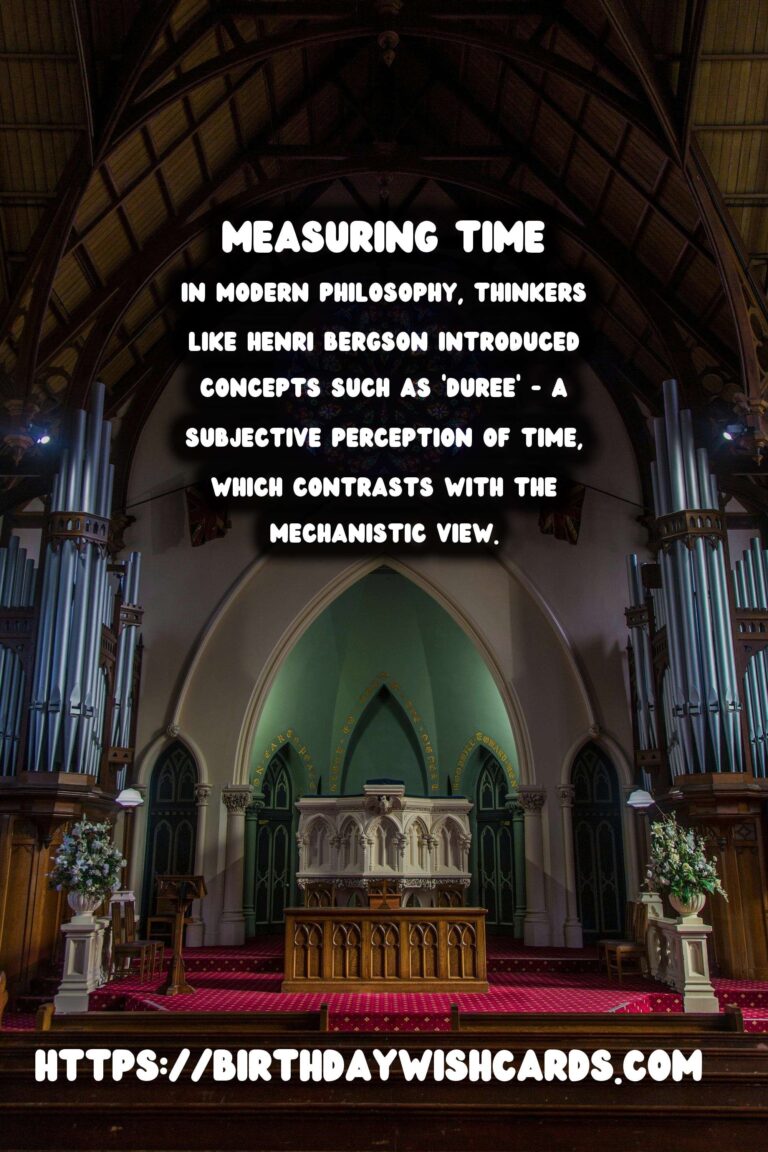
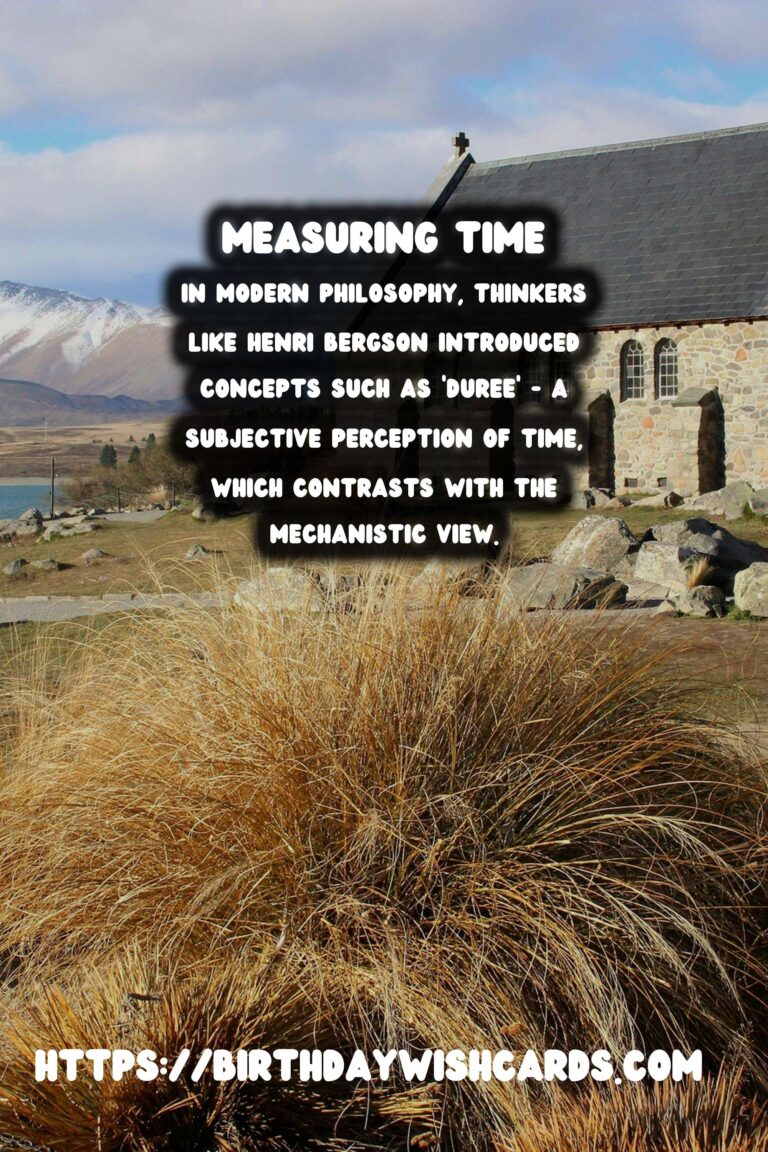
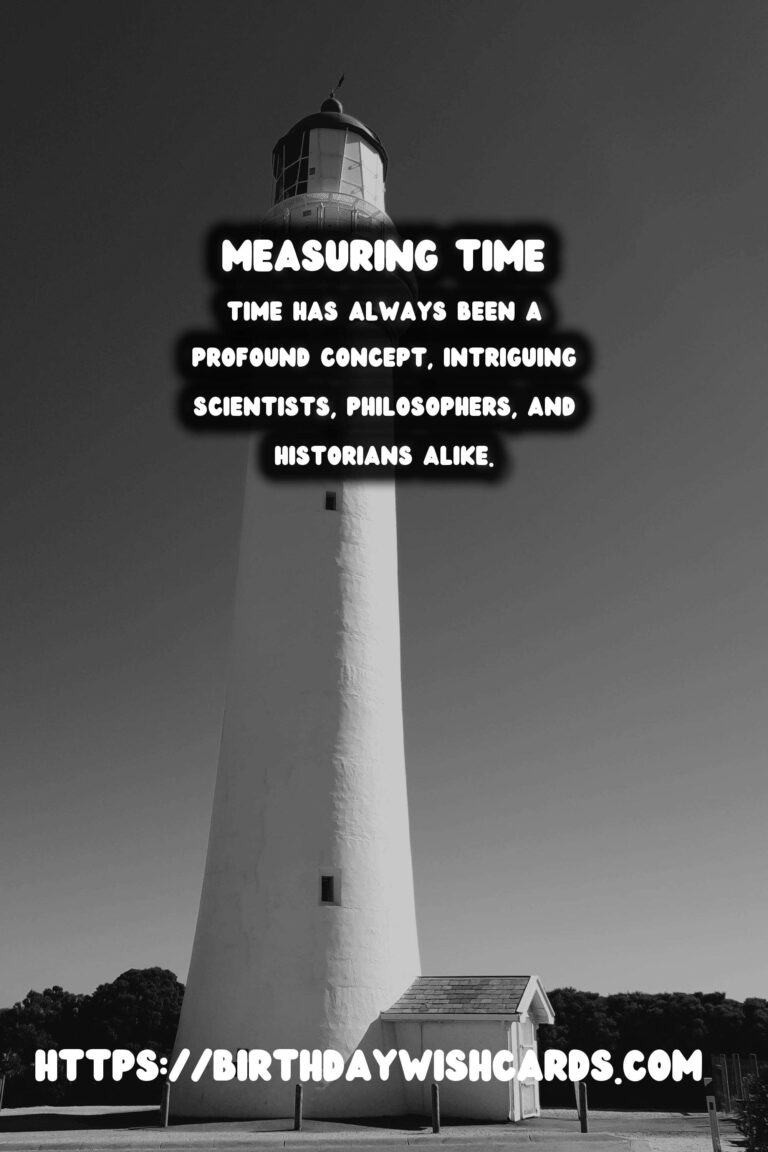
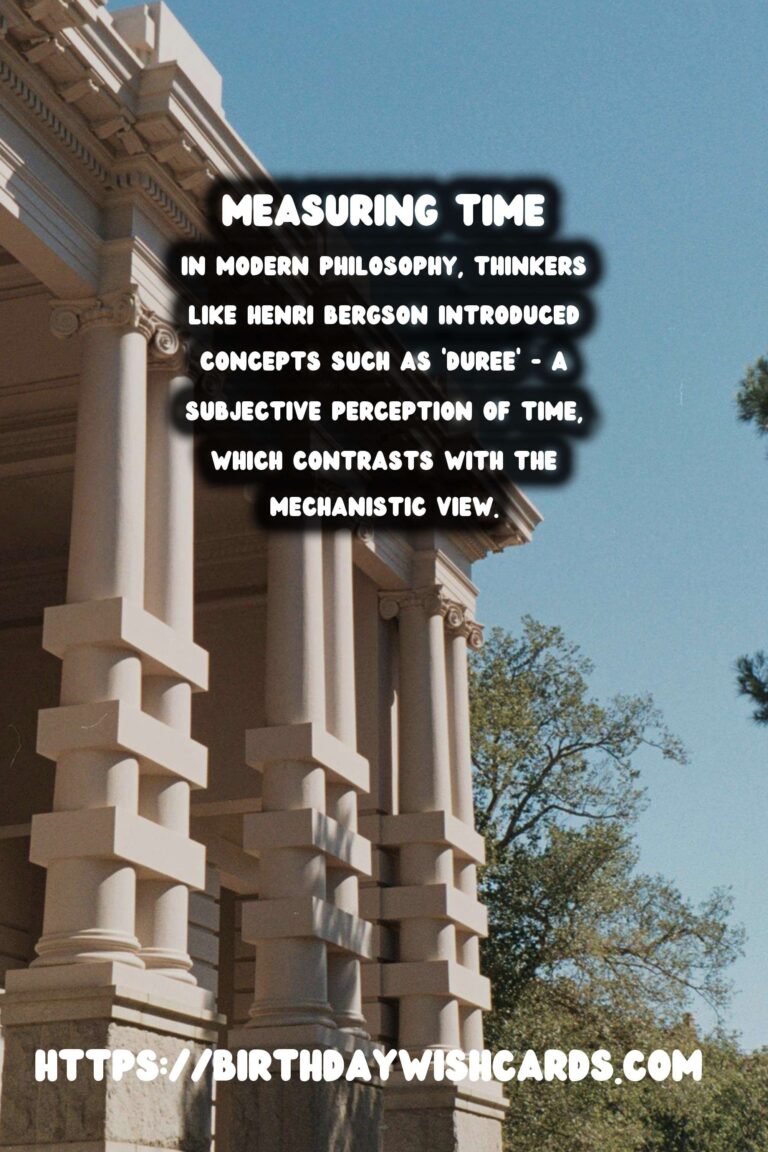
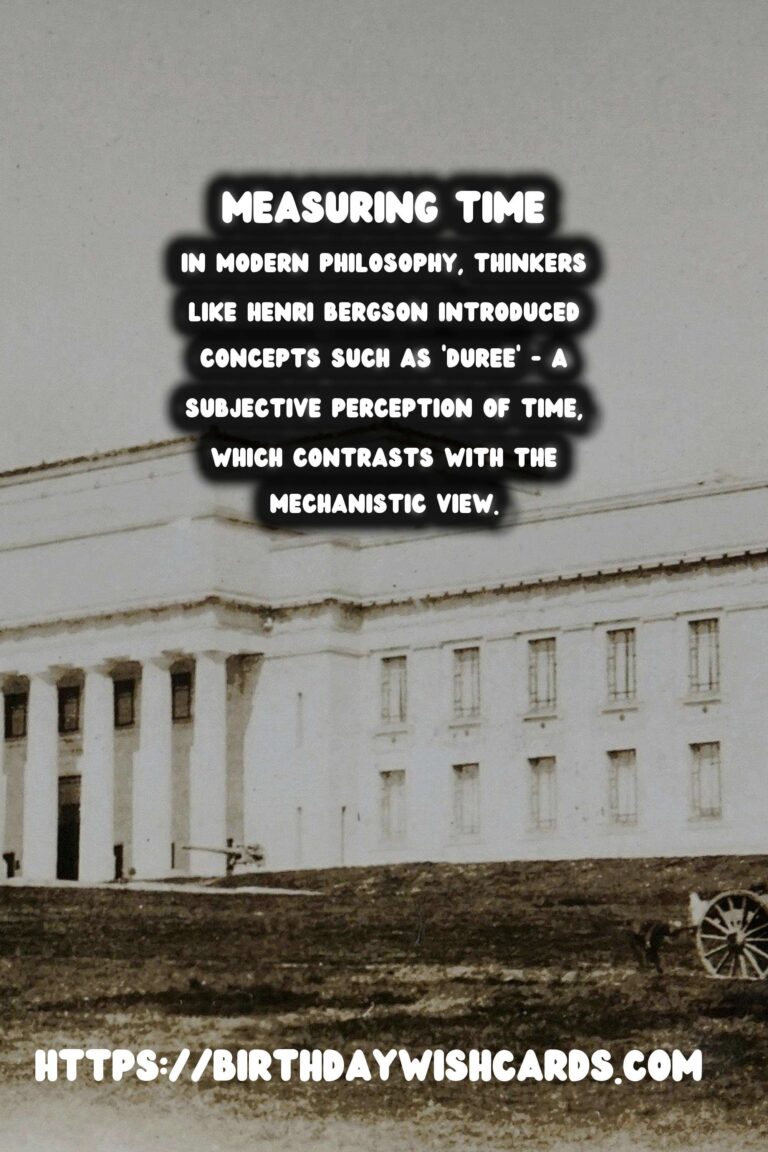

#TimeHistory #PhilosophyOfTime




